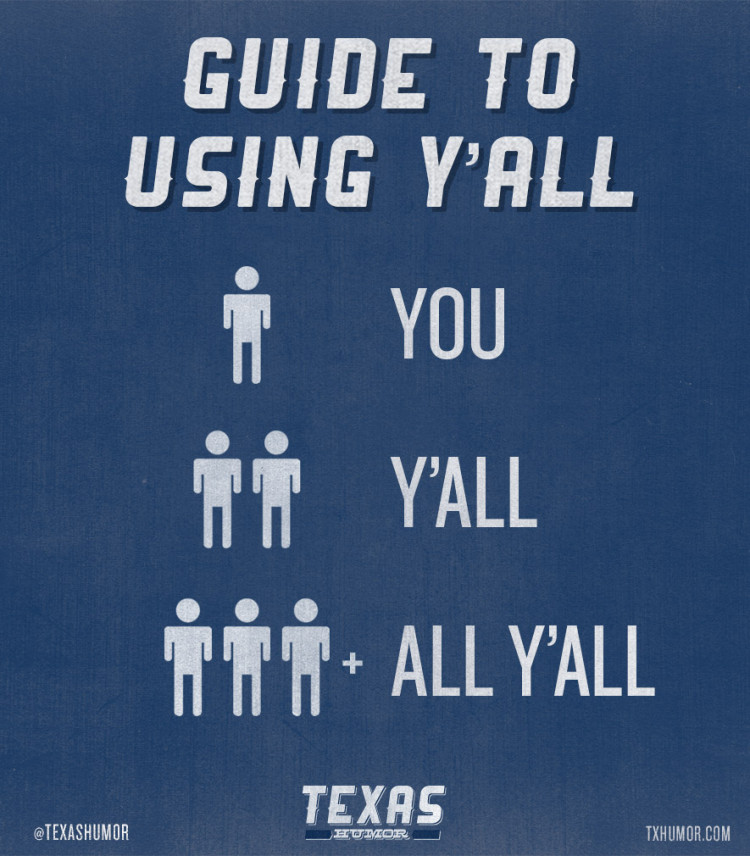As followers of this blog know, I have just returned from a wonderful conference in Oregon. Many of the questions and my interactions there caused me to re-evaluate my way of approaching how and what I read during my personal time. Please note: I am in no way changing my philosophy regarding what I represent as an agent. I’m still focusing on all forms of Christian romance and representing other select categories from fantastic authors in fiction and nonfiction.
But since I’m a reader, I’m sure you can imagine how much reading material I consume in a day. I’m grateful for this challenge regarding my personal reading, even though the very cool people I was talking to had no idea they were taking me into new territory. It’s good to step back and rethink old habits every now and again, and I’m grateful for this exercise. So hence, today’s post.
Of course we know that a novel is a work of fiction. But of course, as an adjective, “novel” means new. An untried idea.
So here is the question I’ll pose today:
What is the best published novel — with the freshest idea — you have recently read? This can be general market or CBA. This is a no-judgment zone. Let us know what you think!









